If you’ve ever stepped outside to admire your landscape only to find nibbled stems, stripped bark, or missing blooms, you’re not alone. In North Carolina, rabbits and deer can cause significant damage to ornamental plants, especially in areas near woods, fields, or undeveloped land. While beautiful to observe in nature, these animals can be destructive guests in the garden.
Understanding the Problem
Rabbits tend to chew low-growing plants, especially tender shoots, young vegetables, and soft-stemmed flowers. They can be particularly damaging in early spring when new growth appears. Signs of rabbit damage include clean, angled cuts on stems and leaves, usually within a couple of feet from the ground.
Deer, on the other hand, browse higher and tend to tear foliage with their bottom teeth. You may see ragged edges on leaves, missing buds, and damage to tree bark, especially in the winter months. In landscapes with regular deer activity, entire sections of a garden can be stripped overnight.
Prevention Strategies
The best way to minimize damage is to use a layered approach:
Fencing: A physical barrier is the most effective solution. For rabbits, a 2-foot fence buried a few inches underground works well. For deer, fencing needs to be at least 7–8 feet tall to be effective.
Repellents: Commercial sprays that deter animals by scent or taste can help, but they often need reapplication after rain or new growth.
Smart Plant Selection: One of the most effective long-term strategies is choosing plants that are less appealing to deer and rabbits.
10 Deer- and Rabbit-Resistant Plants for North Carolina
While no plant is 100% pest-proof, these selections are known to be less preferred by deer and rabbits:
Russian Sage (Perovskia atriplicifolia) – Aromatic foliage, silver color, drought-tolerant
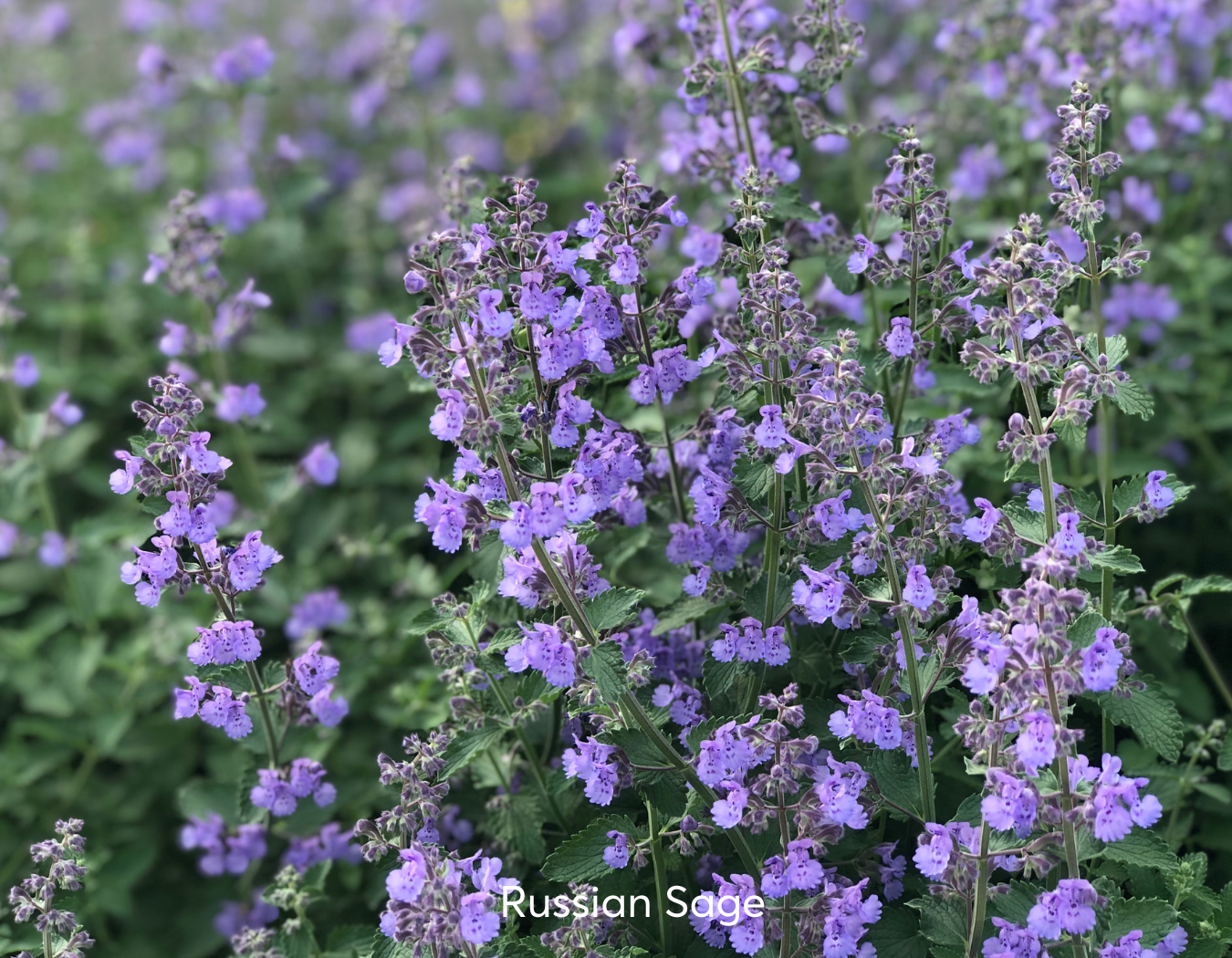
Lamb’s Ear (Stachys byzantina) – Soft texture, not tasty to critters
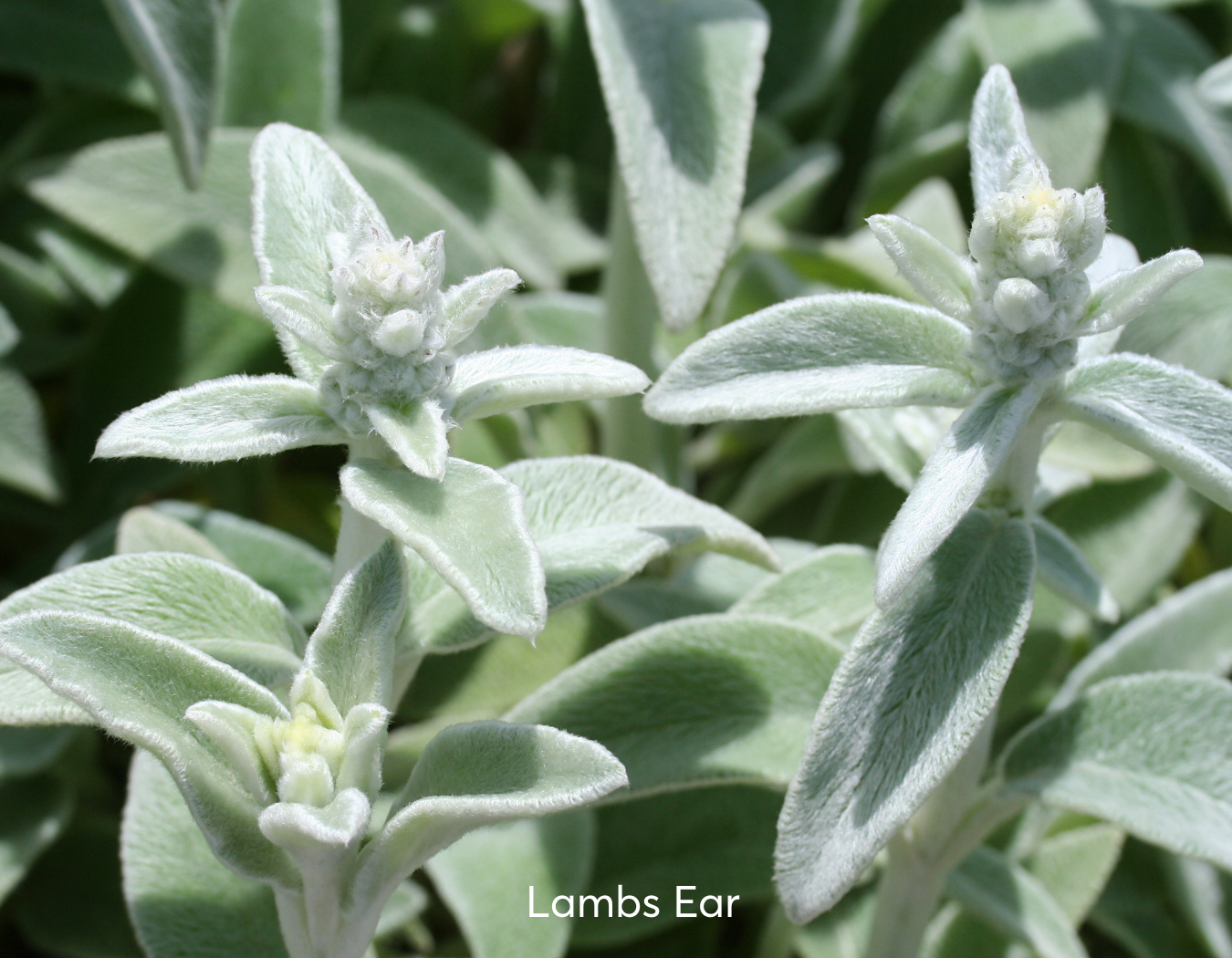
Ornamental Onion (Allium spp.) – Strong scent, colorful blooms
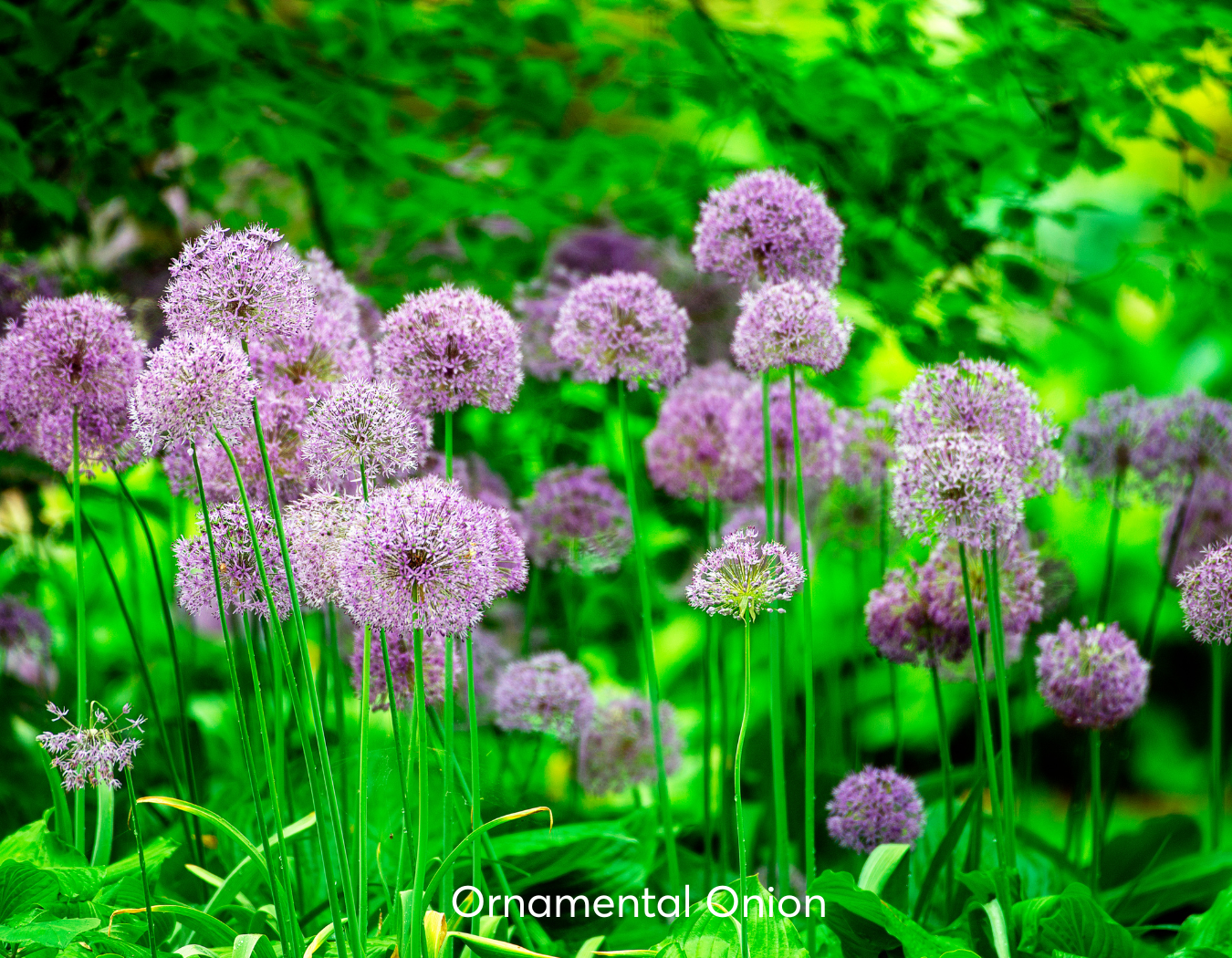
Yarrow (Achillea millefolium) – Fern-like foliage, tough and drought-tolerant
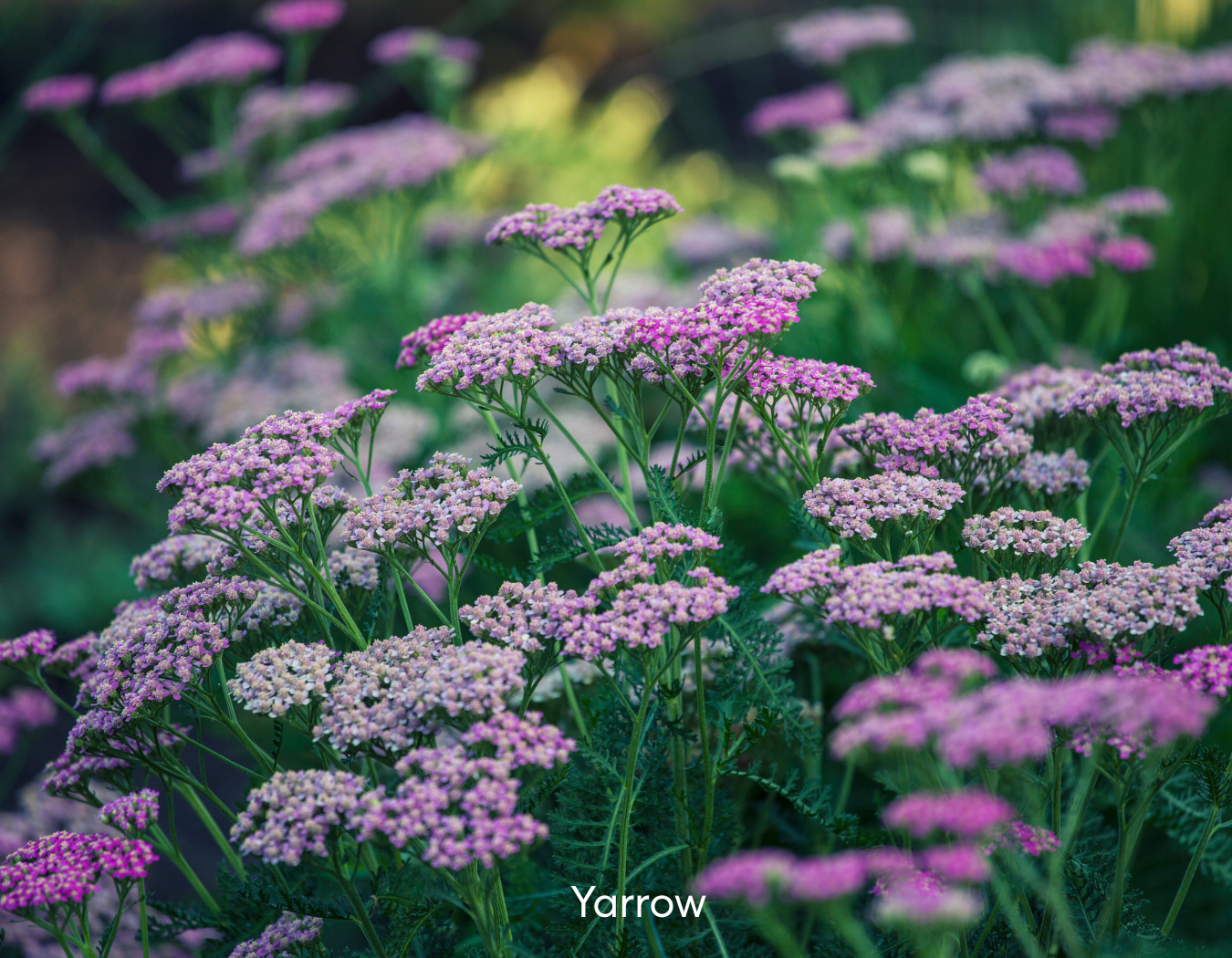
Spirea (Spiraea spp.) – Woody shrub with seasonal color
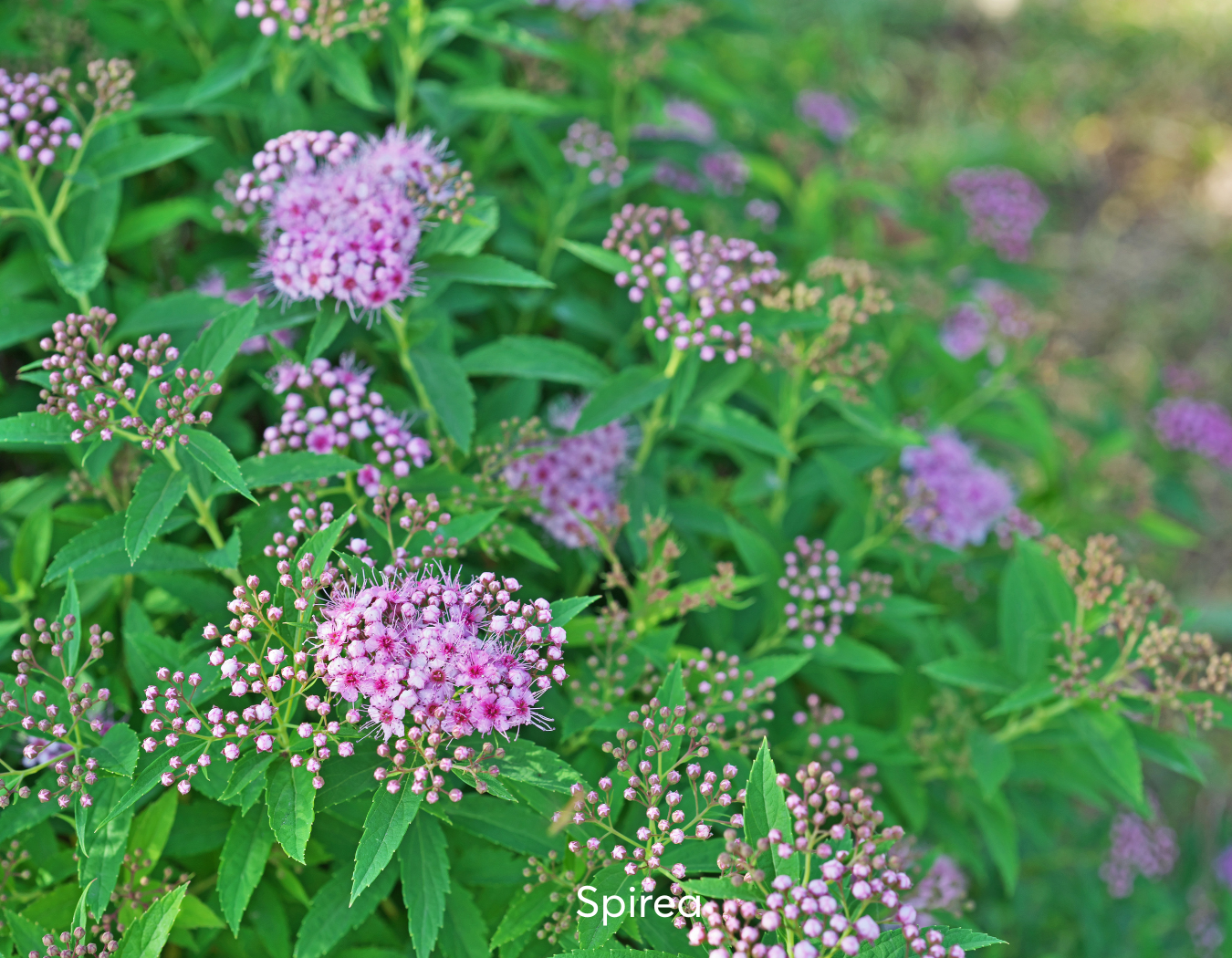
Butterfly Bush (Buddleia davidii) – Attractive to pollinators, not deer
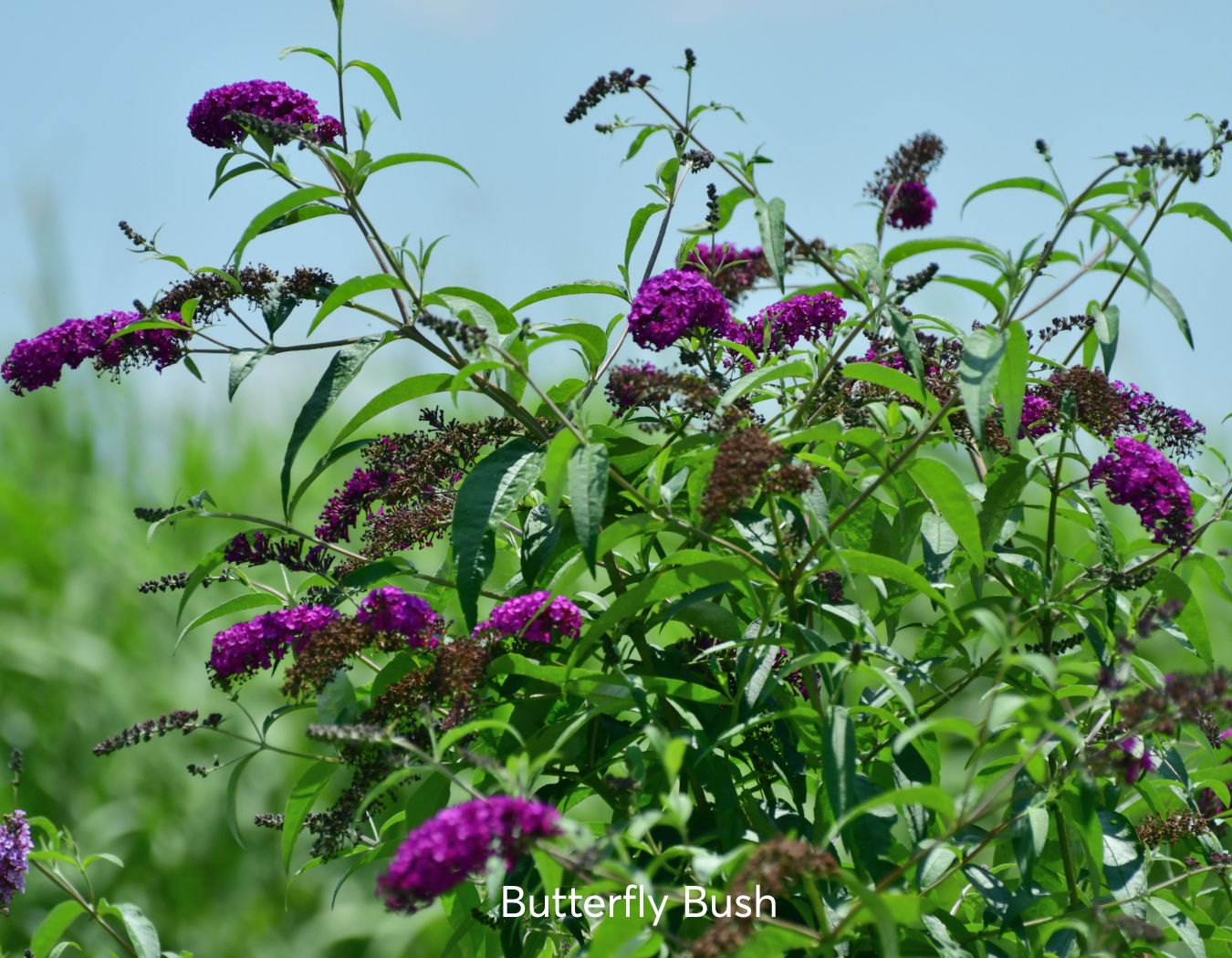
Ferns (many types) – Generally unpalatable, good ground cover
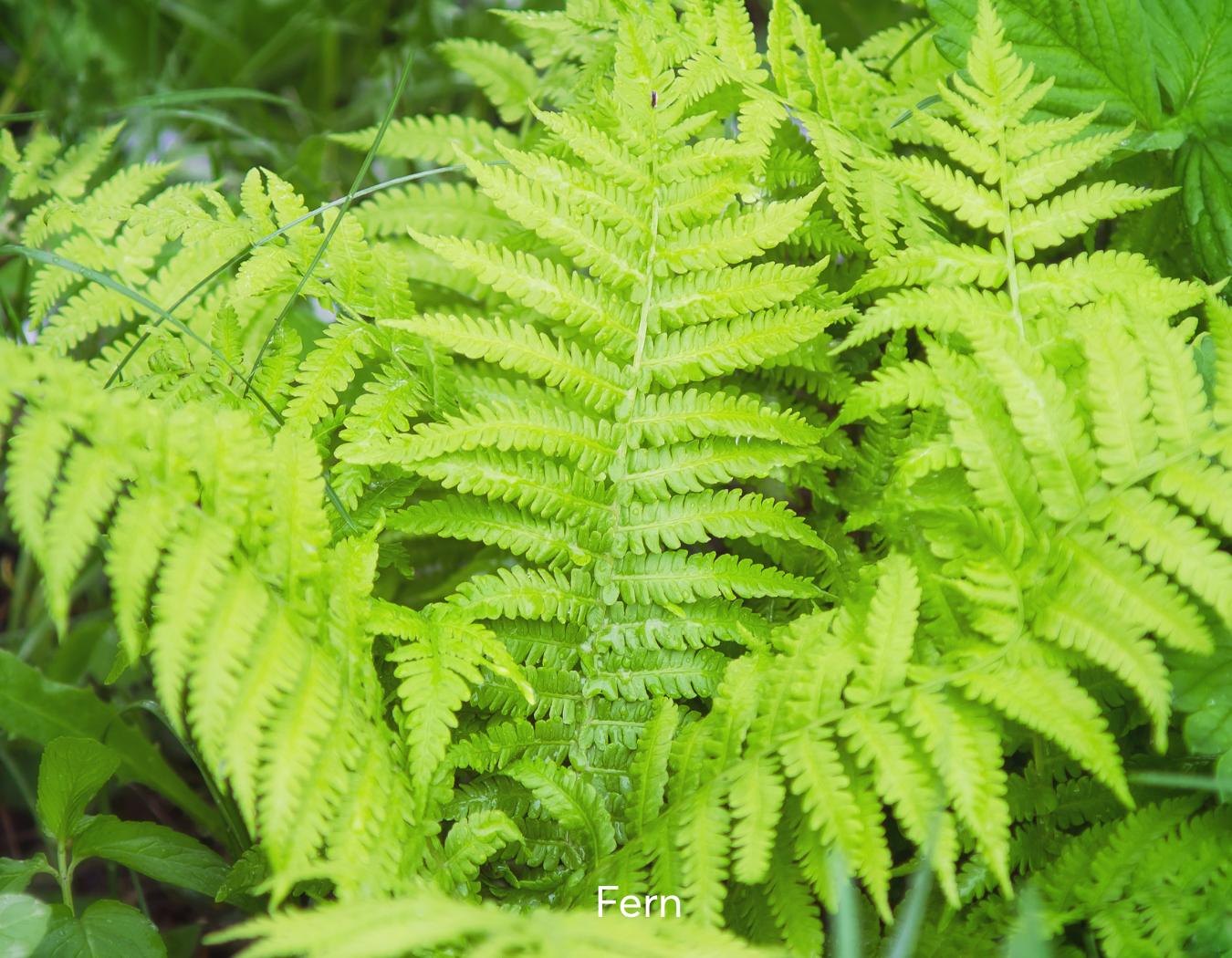
Coreopsis (Coreopsis spp.) – Bright blooms, deer and rabbit resistant
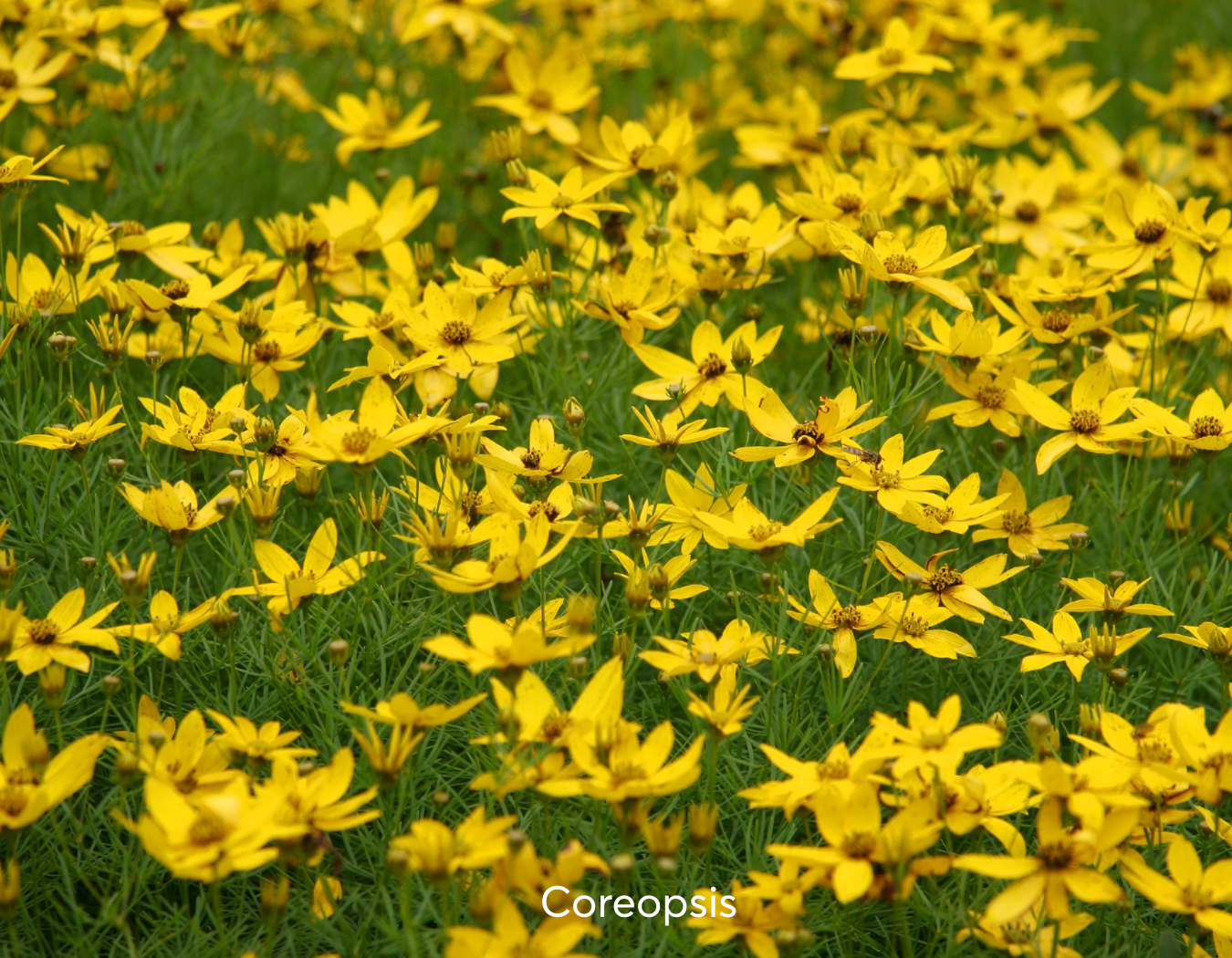
By combining thoughtful plant choices with practical deterrents, you can enjoy a beautiful, resilient landscape without the frustration of constant damage. If you’re dealing with wildlife issues in your yard, our team is here to help you find the right solutions for your property.
Managing Deer and Rabbit Damage Requires a Thoughtful Approach
Wildlife damage is one of the most frustrating challenges for homeowners in the Triangle, especially in landscapes near wooded areas or open land. Deer and rabbits can quickly undo months or years of careful planting by browsing tender growth, stripping foliage, or damaging bark.
Effective control starts with understanding animal behavior and designing landscapes that are less attractive targets. Combining smart plant selection, physical barriers, and strategic layout helps reduce damage while maintaining an attractive, functional outdoor space.
Our team works with homeowners throughout Raleigh, Durham, Chapel Hill, and the surrounding Triangle to design landscapes that balance beauty with resilience against deer and rabbit pressure.
If wildlife damage is impacting your landscape, a professional evaluation can help identify practical, long-term solutions tailored to your property.
👉 Schedule a Landscape Evaluation
Serving Homeowners Across the Triangle
If you’re in Raleigh, Durham, or Chapel Hill and need expert help with landscaping, hardscaping, or outdoor construction, Myatt Landscaping and Construction is here to help.
From custom patios and retaining walls to full outdoor design-build projects, our local team has served the Triangle area for more than 25 years.
📍 Myatt Landscaping and Construction
217 Technology Park Ln, Fuquay-Varina, NC 27526
☎ (919) 577-6050
Come Visit Us!
Frequently Asked Questions
Why are deer and rabbits so common in Triangle landscapes?
As development expands near wooded and undeveloped areas, deer and rabbits are pushed closer to residential neighborhoods. Landscapes with tender ornamentals and irrigation often provide an easy food source.
How can I tell if damage is from rabbits or deer?
Rabbits typically cause clean, angled cuts on stems and leaves close to the ground. Deer browse higher, leaving ragged edges on foliage and often stripping buds or bark.
Are repellents effective for deer and rabbits?
Repellents can help reduce browsing temporarily, but they usually require frequent reapplication and may be less effective during periods of heavy pressure or limited food sources.
Is fencing the only guaranteed solution?
Physical barriers are the most reliable deterrent. Properly designed fencing can significantly reduce damage, though it must be correctly sized and installed to be effective for each animal.
Do deer- and rabbit-resistant plants really work?
No plant is completely resistant, but many species are less appealing due to texture, scent, or taste. Using these plants strategically can greatly reduce browsing damage.
Can plant placement help reduce wildlife damage?
Yes. Grouping less palatable plants along property edges and avoiding large masses of preferred plants can make landscapes less inviting to deer and rabbits.
When should homeowners seek professional help?
If wildlife damage is ongoing or escalating, professional guidance can help identify effective combinations of plant selection, layout, and deterrents that work long term.